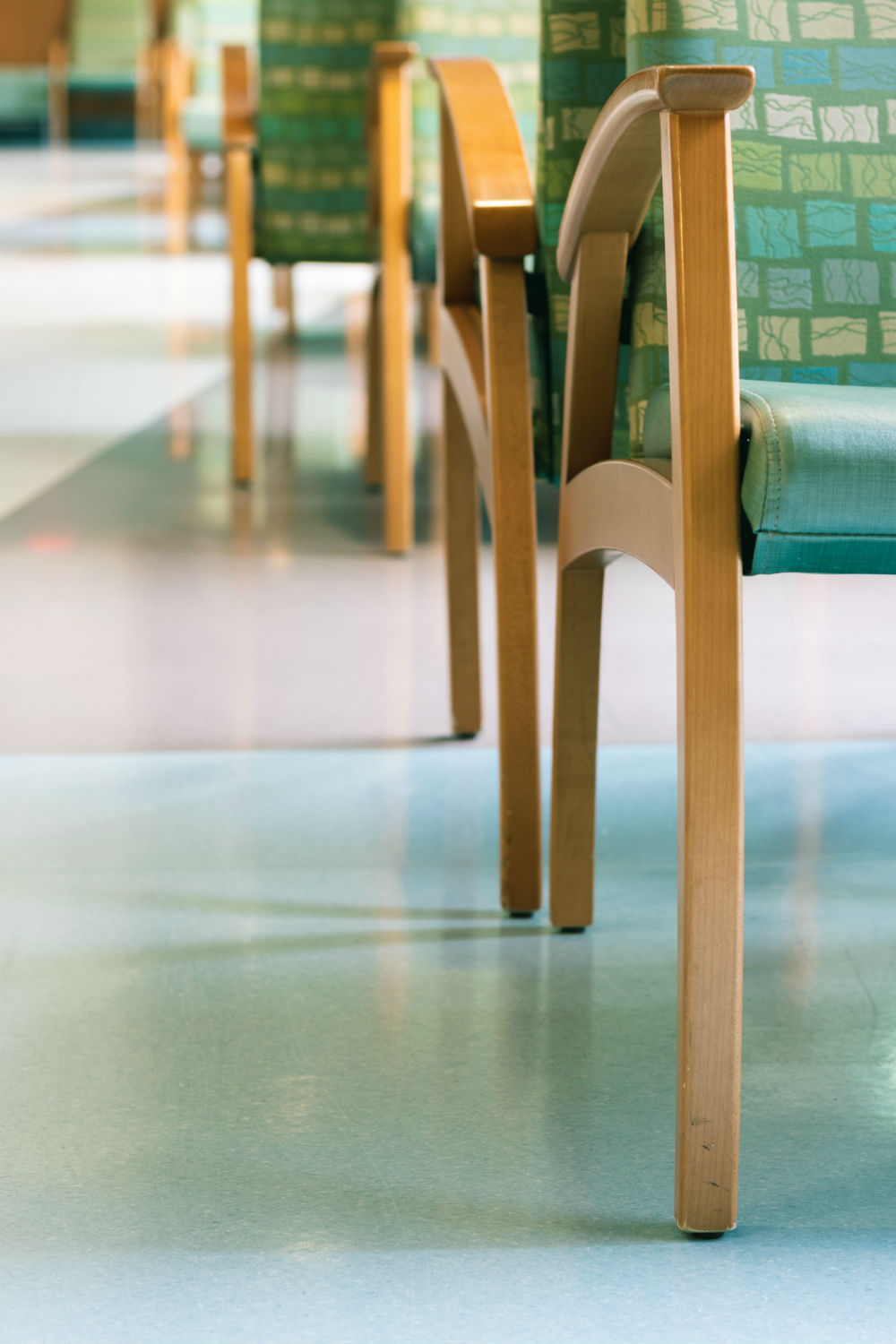The Scottish Children’s Services Coalition (SCSC), an alliance of leading independent and third sector providers of children’s services, has warned of a “perfect storm” of a mental health crisis coupled with further cuts to some services following the Coronavirus pandemic.
It has urged the Scottish Government to invest significantly in mental health services to address this, warning of an overwhelming demand on services, and urged parents and young people to seek support if they need it.
The call comes as latest waiting time figures from Public Health Scotland, covering the period January to March 2020 (just as the lockdown came into force), show that 4,093 children and young people started treatment at specialist child and adolescent mental health services (CAMHS) in this period. Of this number under two-thirds (65.1 per cent) received this treatment within the Scottish Government’s 18-week waiting time target from referral to treatment.
This was lower than the previous quarter (66.4 per cent) and significantly lower than the same period last year (73.6 per cent), meaning that just over a third are not being seen within the waiting time target.

All bar the island health boards failed to meet the Scottish Government 18-week waiting time target for children and young people to receive treatment from CAMHS. This target should be delivered for at least 90 per cent of patients.
Individual health boards failing to meet this target are: NHS Borders (89.8 per cent), NHS Fife (76.0 per cent), NHS Ayrshire & Arran (71.4 per cent), NHS Grampian (86.0 per cent), NHS Greater Glasgow & Clyde (58.8 per cent), NHS Highland (84.8 per cent), NHS Lanarkshire (57.7 per cent), NHS Lothian (54.6 per cent), NHS Tayside (65.0 per cent), NHS Dumfries & Galloway (87.2 per cent) and NHS Forth Valley (54.2 per cent).
The coalition has warned of a significant demand on services once the lockdown ends as subsequent to these figures there has been a fall in the number of children being referred for specialist help during lockdown, which could have a devastating impact on their mental health.
It warned that the absence of support from teachers and other care professionals could result in early warning signs being missed and lead to a surge in demand for services once the lockdown ends. Self-isolation and social distancing are already having an impact on young people struggling with issues such as anxiety and depression.
A recent report by Young Scot and the Scottish Youth Parliament, called Lockdown Lowdown, found almost two-fifths of young people felt moderately or extremely concerned about their own mental wellbeing- https://youngscot.net/news-database/lockdownlowdown-results
And a separate report from YouthLink Scotland showed the youth-work sector was facing a mental health crisis due to projected budget cut of £20.5 million this year – https://www.youthlinkscotland.org/news/may-2020/survey-report-reveals-20m-funding-hit-for-sector-as-youth-mental-health-crisis-looms/
Although the coalition welcomes the announcement made by the First Minister (27 February) to invest £3.8 million in developing mental health services to cope with the coronavirus pandemic, it fears that not enough will be done to safeguard the mental health of our vulnerable children.
A spokesperson of the SCSC commented: “These latest waiting time figures highlight that nearly all of Scotland’s health boards are failing to meet the Scottish Government waiting time target for treatment. Along with cuts in services this points to a ‘perfect storm’ of a mental health crisis as we come out of lockdown, coupled with further cuts in services.
“While referrals have dropped during lockdown and children are not accessing support, we are storing up immense problems for the future as these same under-pressure services face being overwhelmed due to a greatly increased demand.
“Children are not currently getting access to social services and are not going to school or reporting their experiences. Taking them to see the GP may currently be considered low priority. It is important to stress that these services are still available and the Scottish Government must look to support these young people as we come out of lockdown by investing significantly in services.”

